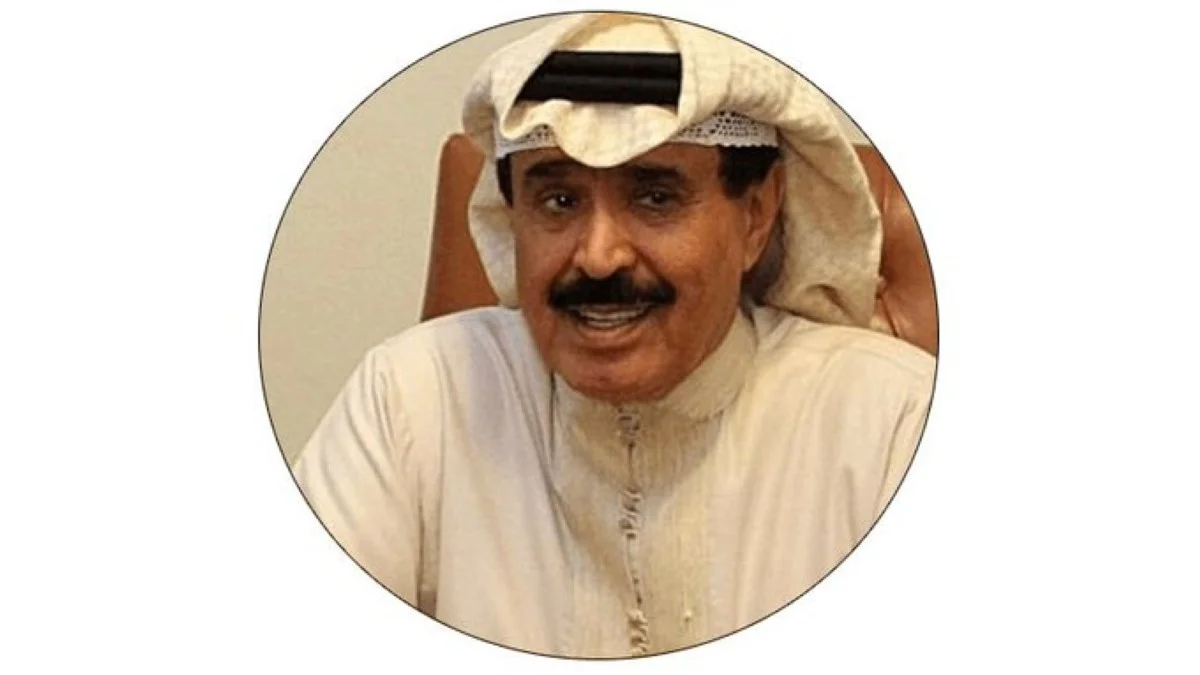31/12/2024
31/12/2024
It is evident that these visitors are staying in the country’s hotels, and enjoying their time in a country that is cherished by Gulf and Arab people. Kuwait has long been regarded as an icon of creativity, art, and joy. This was the Kuwait known to all before certain forces, which were aligned with desert locusts and radical Islamists with questionable agendas, began to dominate the country’s parliamentary and ministerial decisions, and sought to impose their vision, heavily influenced by the Taliban’s “Tora Bora” ideology. At that time, they formed alliances with some MPs whose visions are based on their personal interests. This backward alliance proceeded to close off the country, impose restrictive laws, and dictate strange decisions to the ministers. Operating from Middle Age caves, they believed Kuwait was their own paradise, and accessible only to those they approved of. For nearly 30 years, the country suffered from this isolation, with even basic freedoms restricted such that frowning seemed to signify righteousness. However, contrary to their beliefs, the Prophet Muhammad (PBUH) said, “Smiling to your brother is part of charity.” This group’s approach, which sought to impose negativity, led to laws and actions that not only violated human nature but also contradicted Kuwait’s rich cultural heritage.
One of the most important decisions that must be reversed is the ban on celebrations and public joy. Everyone has witnessed the areas designated for visitors and residents of Kuwait to bid farewell to 2024 and welcome the new year. However, the joy was incomplete because celebrations are still prohibited. How can the month of shopping and festivities during the national holidays be fully enjoyed without the freedom to celebrate? The two weeks that Kuwait experienced during the Gulf Cup should not pass without lessons learned from this experience. According to unofficial statistics, visitors spent around KD 500 million, equivalent to approximately 1.5 billion US dollars. If Kuwait were to return to its former glory, imagine how much revenue it could generate from tourism and visitors! It is also essential to work on canceling the family visit restrictions that still hinder openness.
According to official statistics from the Ministry of Interior, violations of family visit visas have been minimal, as thousands who obtained them left the country on time. Kuwait needs to boost its gross domestic product and attract entrepreneurs, both local and foreign. If a visitor is offered a job opportunity and seeks to regularize their legal status, they would become an asset to the national economy. The notion that everyone who comes to us is either a burden or seeking state-funded treatment is an argument from those who lack vision and do not wish well for the country. We hope that the New Year will witness decisions that benefit Kuwait, and that the government will work to undo the damage left by backward agendas that have caused economic and social setbacks. I would like to wish everyone a Happy New Year, and I hope 2025 brings prosperity to Kuwait, the Arab and Islamic world, and all of humanity.



